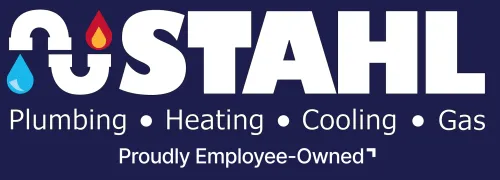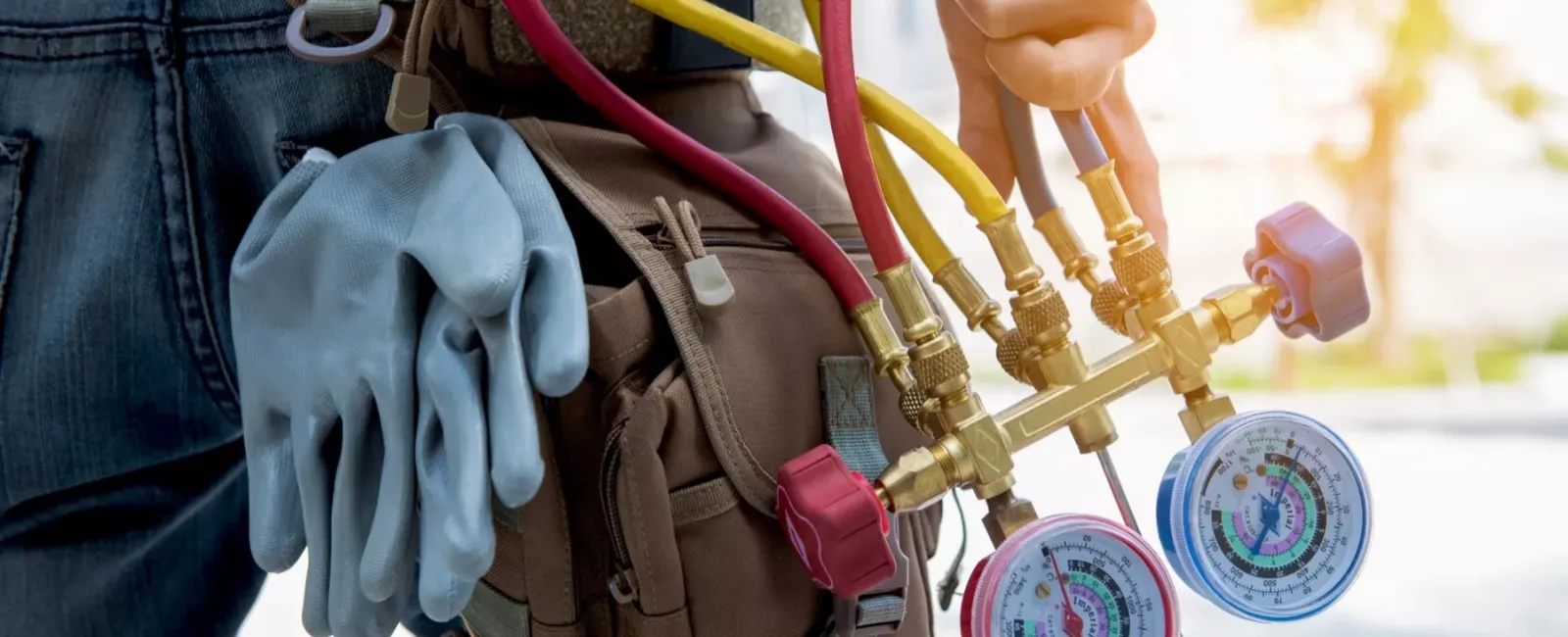Our master plumbers in Pittsburgh know that properly functioning city sewage systems are crucial because the toxicity of sanitary waste is extremely high and is very harmful to the environment when not kept under strict scrutiny. Thus, it is important for major U.S. cities like Pittsburgh where there are large populations and high population densities to prevent dangerous groundwater contamination. State- and federally-enforced water quality standards necessitate that comprehensive measures be taken by local governments in this respect, and one method that has been serving cities well for many years is dye testing.
Dye testing is by far one of the most effective ways to locate and identify the areas where ground water enters sanitary sewer systems. Given the extensive network of public sewage lines, finding these vulnerabilities is difficult enough by visual analysis alone. To facilitate the leak detection process, engineers typically use dye testing as a first response. It is quick, efficient and, above all, highly effective.
Although it may appear like some sort of radioactive waste, the neon green groundwater being tested has been dyed with a non-toxic agent. It is first inserted into one or more pathways (e.g. area drains, driveway drains, roof drain leaders, etc.) that lead into the local sewage system network.
There are times when the dye will be injected directly into the ground near building foundations, particularly when officials suspect an illegal drain connection. The dyed water travels and is inspected at various downstream sewer manholes with each checkpoint allowing technicians to isolate and pinpoint any possible leaks.
Dye testing is used to resolve multiple sewage/groundwater contamination problems, including figuring out where unknown pipes and structures drain to and if a structure has been connected to the public sewer system in a way that violates safety codes. Such is the case with many incorrectly installed catch basins, which have been known to link up directly with sanitary sewer systems.
The dye used to test for contamination is non-toxic and can be cleaned with water. You will be notified at least one week in advance if the city of Pittsburgh intends to perform residential or commercial plumbing sewage inspections. Schedule a service repair with Pittsburgh's most trusted plumbers.

